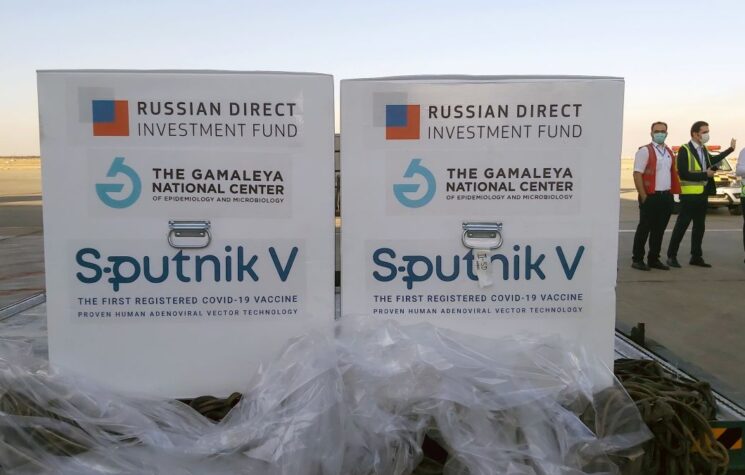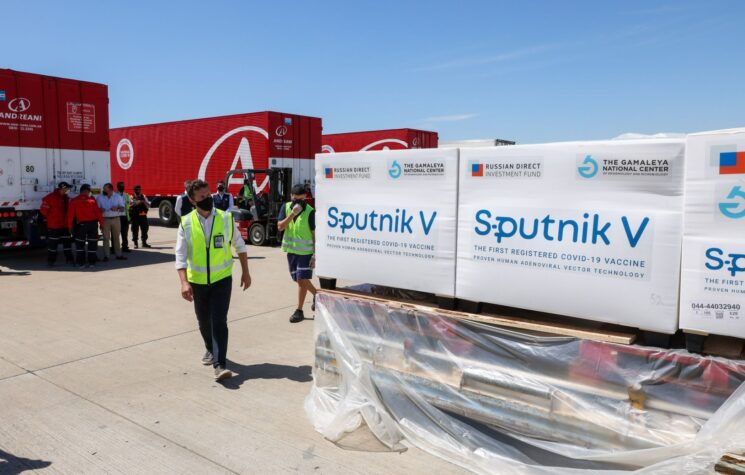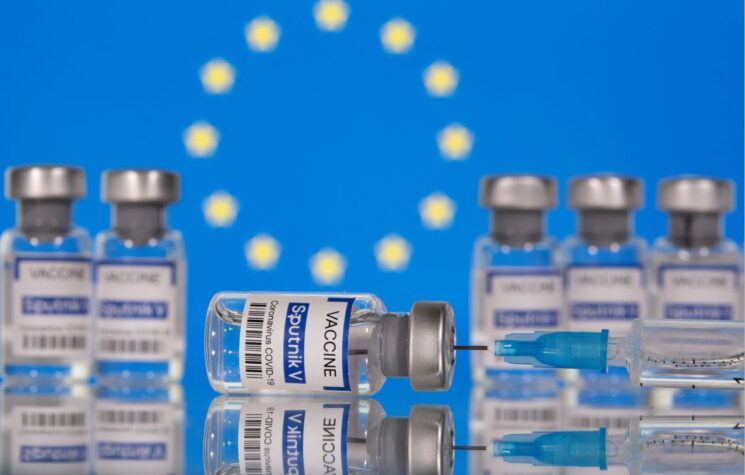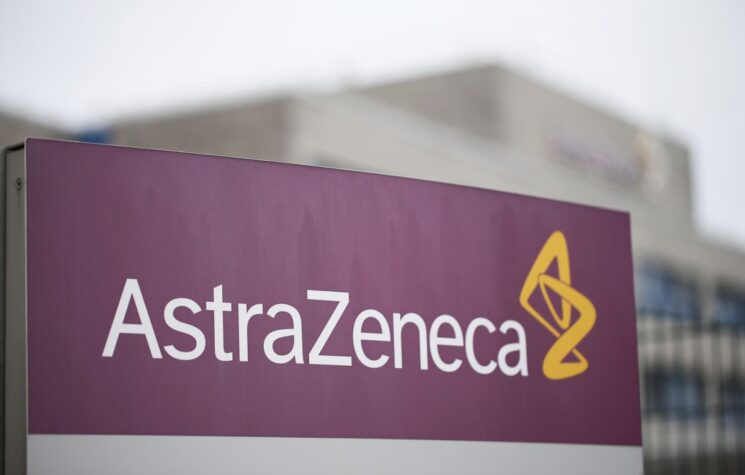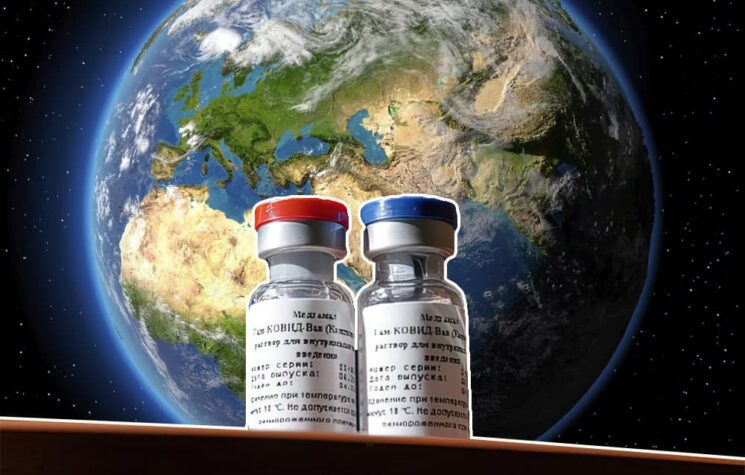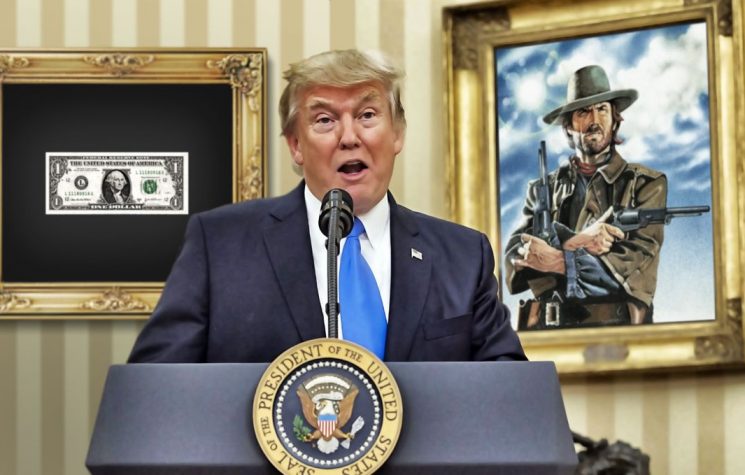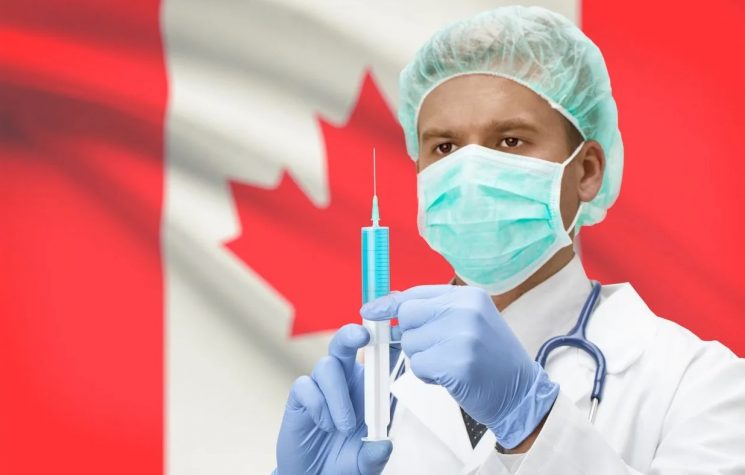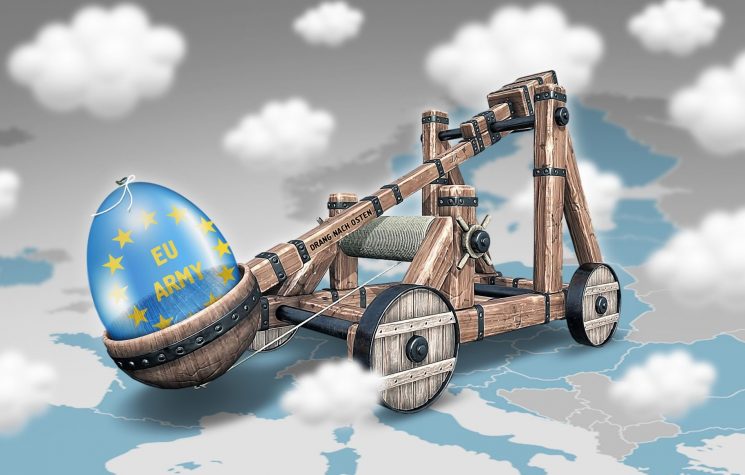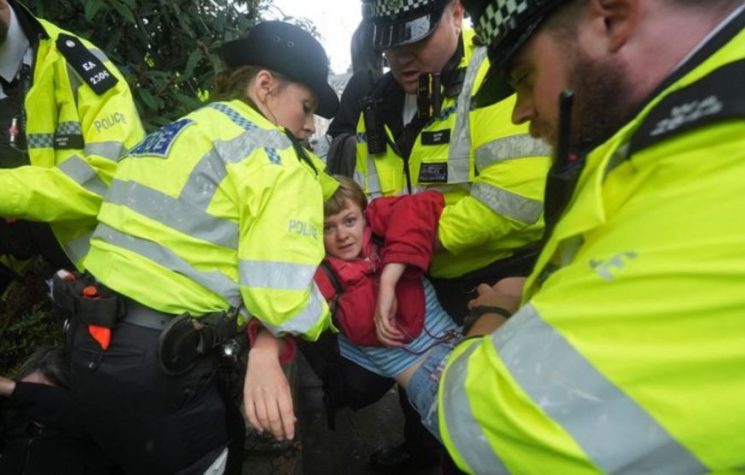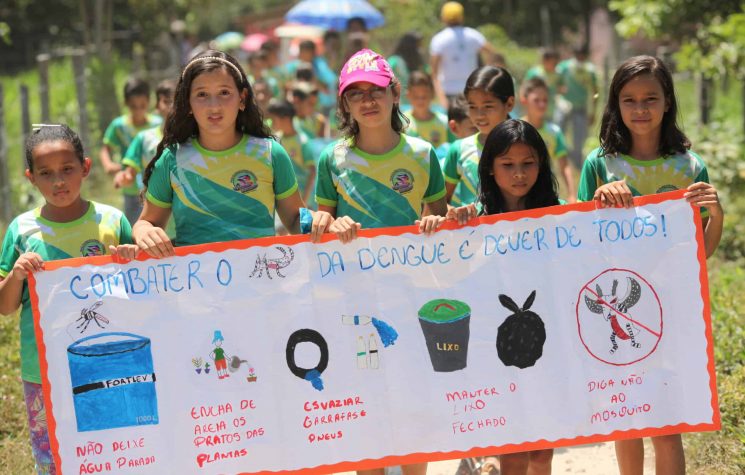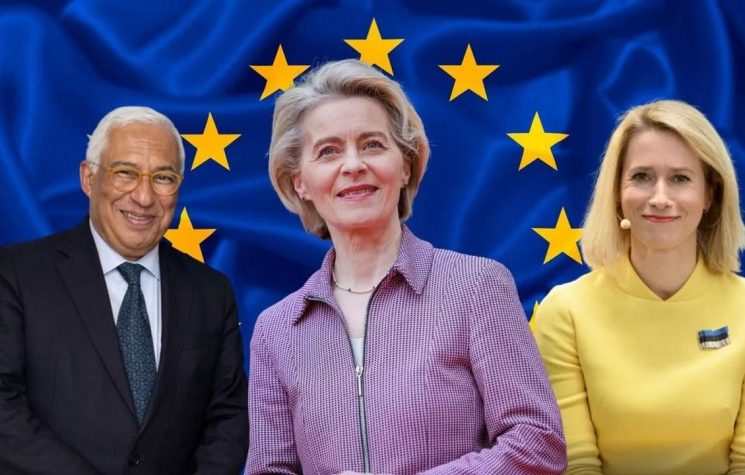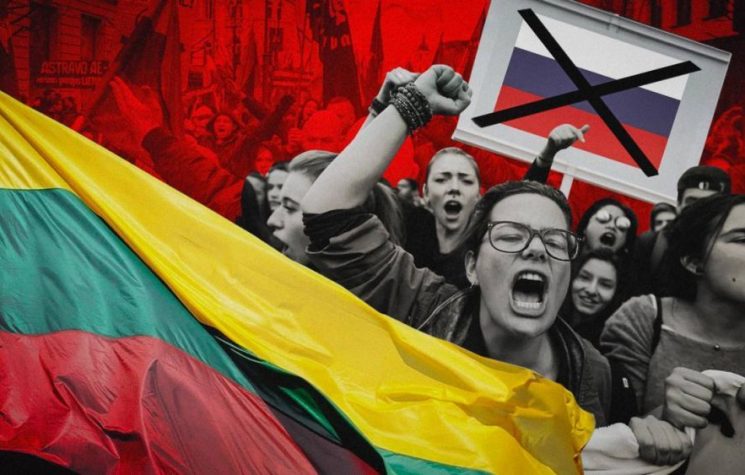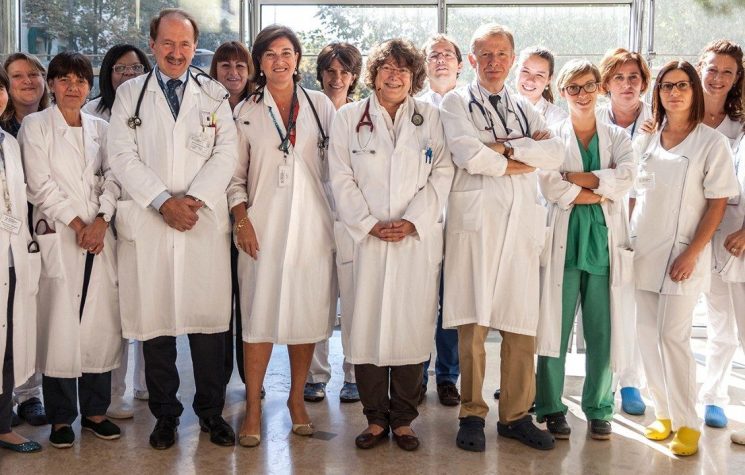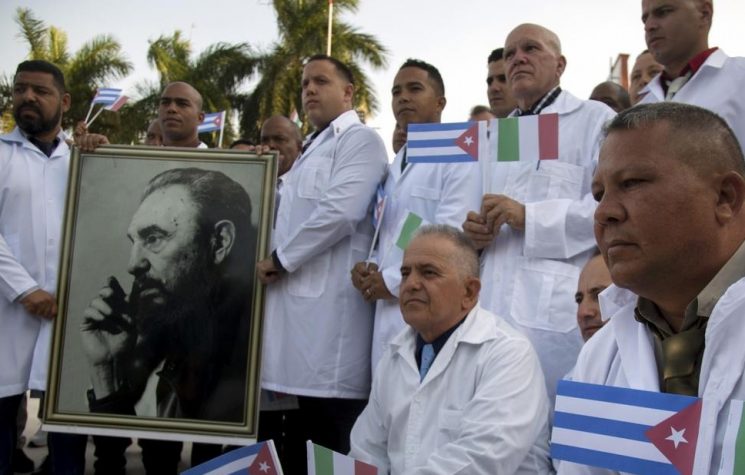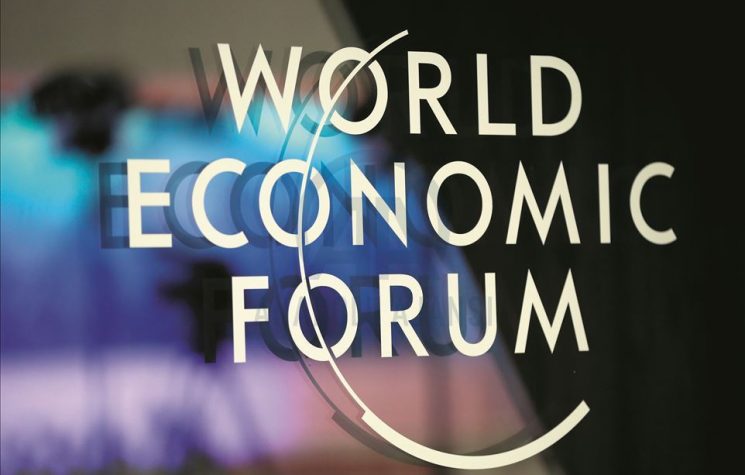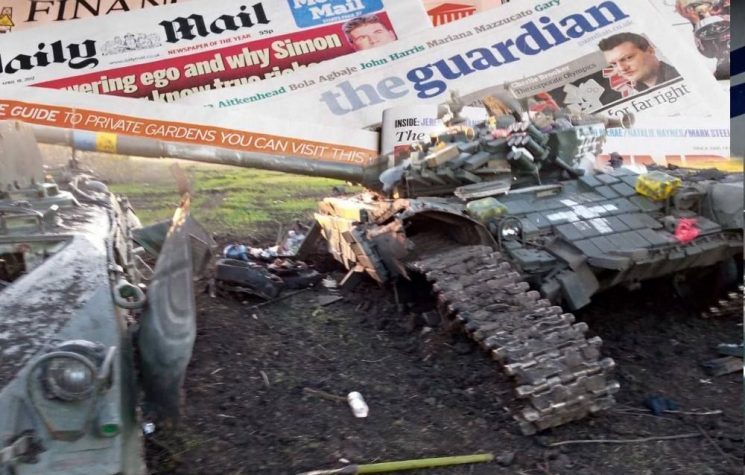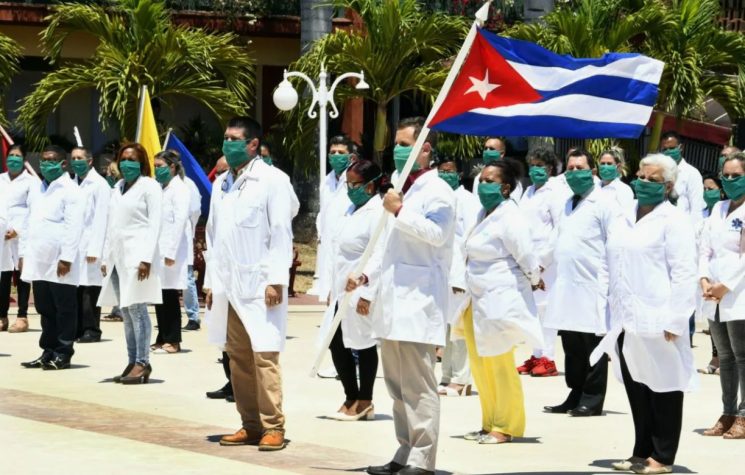A major factor in impeding a global program of vaccination is the Russophobia (and Sinophobia) of Western governments. The fate of millions of lives is hanging in the balance because of offensive political prejudice.
One year ago this week, Sputnik V became the world’s first officially registered vaccine against the Covid-19 disease. It was a remarkable achievement by the world-renowned Gamaleya institute of epidemiology and microbiology in Moscow.
The development and registration of the Russian-made vaccine took place within eight months of the first officially reported outbreak of the disease in China and within five months of the World Health Organization declaring a global pandemic from the SARS-CoV-2 novel coronavirus and its potentially lethal Covid-19 respiratory symptoms.
Sputnik V’s name is a nod of gratitude to an earlier breakthrough achievement when the Soviet Union became the first nation to launch a satellite into space orbit in 1957.
The rapid pace of developing Sputnik V reflected the international alarm about the threat to human health from the new coronavirus. A year and half on from the declared pandemic, some 4.4 million people around the world have died from infection, and millions of others have been stricken infirm. The global impact on societies and economies has been devastating. It is doubly concerning that the pandemic shows no sign of being brought under control. Infections and deaths across the globe are on the rise again mainly as a result of new and more transmissible variants of the virus mutating.
There are at least 13 other vaccines against Covid-19 being administered around the world. The WHO has approved the use of five: Pfizer/BioNtech, Astrazeneca, Johnson & Johnson, Moderna and Sinopharm. The latter is a Chinese-made vaccine, the rest are developed by the U.S. or Europe.
In the European Union, the European Medicines Agency (EMA) has approved four vaccines: Astrazeneca, Moderna, Pfizer/BioNtech and J&J.
The question is: why has the Russian vaccine not yet been approved by these leading organizations? Approval would amplify the global uptake of the Russian vaccine which has already met with widespread appreciation by many nations in spite of the tardy response by certain authorities. The WHO states that authorization of Sputnik V is on the way. While the European regulator says it still has the Russian jab under review – seven months after the Russian authorities formally applied for registration with the EMA.
The delay in officially recommending the Russian vaccine becomes all the more conspicuous when its excellent medical performance is evaluated. Sputnik V has the efficacy of providing 91-97 percent protection against symptomatic Covid-19 cases. This is comparable if not superior to the best performance of Western pharmaceutical counterparts.
In addition, the Russian treatment is entirely safe with no reported harmful side effects on patients’ health. It is also relatively economical to produce, store and transport. That makes the Russian jab a feasible treatment for many poorer nations.
Furthermore, Sputnik V is shown to offer immunization against new variants of the coronavirus.
While the Russian-made inoculation has not yet been approved by the WHO, the European Union, or the Food and Drug Administration in the United States, nevertheless it has been embraced by many nations as providing effective protection against the disease.
To date, some 69 nations or territories have given approval for administering Sputnik V. Russia has also negotiated bilateral agreements for the local production of the vaccine in dozens of countries.
Most tellingly, several European countries (EU and non-EU) are administering Sputnik V regardless of the bloc’s regulatory authority’s lack of endorsement.
There can be only one conclusion from this anomalous situation. That is, the international fight against the pandemic has been hampered by the politicization of vaccines by Western nations.
The ideological antagonism of the United States and its NATO allies against Russia and China – an odious Cold War mindset – is a barrier to cooperation at a global level to defeat the pandemic. How damnable is that mentality whereby political objectives are put above human health and indeed the lives of millions of people?
Respected U.S. epidemiologist Larry Brilliant, who helped UN efforts to eradicate smallpox several years ago, this week said that the only solution for the Covid-19 pandemic is global vaccination. That means all immunological tools must be deployed in a cooperative, international effort. In theory, there is the existing United Nations’ COVAX facility, but the global reach remains abjectly low – only about 16 percent of the world’s population is protected so far. In many low-income countries, only about 1.2 percent of the population has received immunization.
In this situation, no nation is safe from the pandemic even for those nations with high rates of administered vaccine, such as the United States and Britain. With the Covid-19 virus rampant in most of the world’s population, the danger of new variants evolving will be a continual threat. What happens if existing vaccines become ineffective?
A major factor in impeding a global program of vaccination is the Russophobia (and Sinophobia) of Western governments. This ideological prejudice is reprehensible, if not criminal. The fate of millions of lives is hanging in the balance because of offensive political prejudice.
Deplorably, the political establishments of some Western states have not moved on from the depths of the Cold War. When the Sputnik satellite was launched successfully 64 years ago that undoubted scientific achievement was smeared by Western propaganda and twisted into a sinister anti-Soviet narrative. Not much has changed judging by the irrational, begrudging reaction to the Sputnik V vaccine even when humanity’s survival is at stake. That’s a political virus that poses an existential danger to the world.







